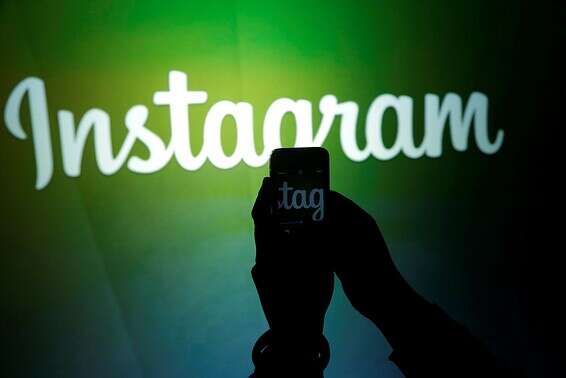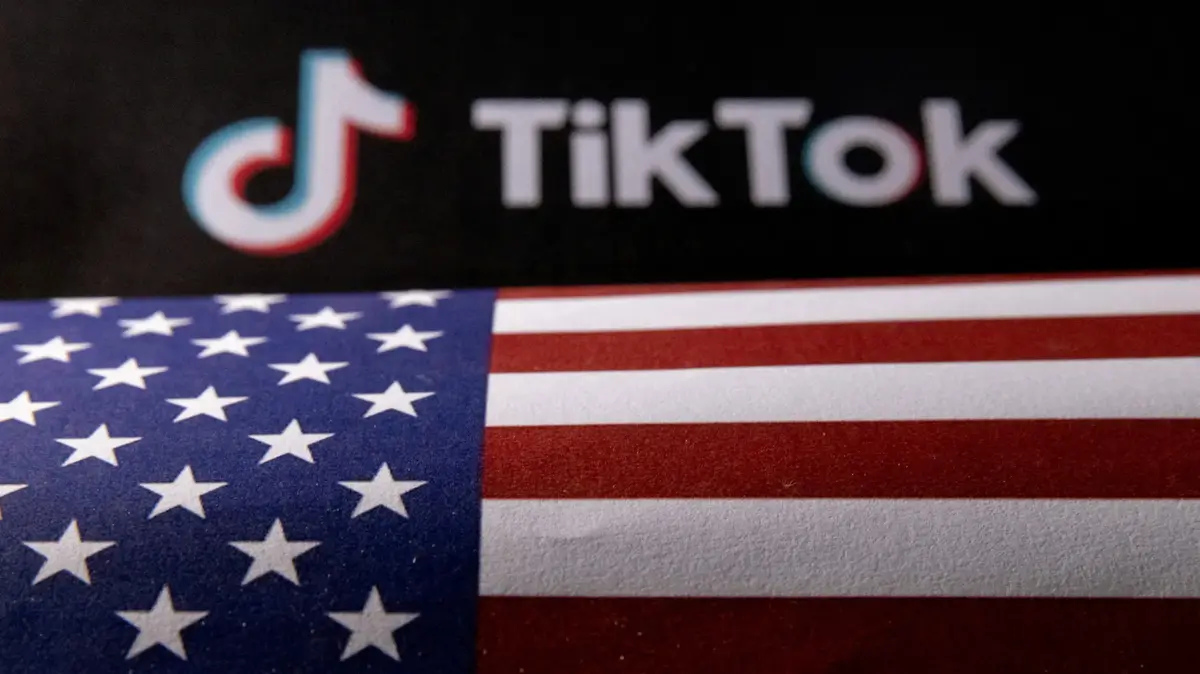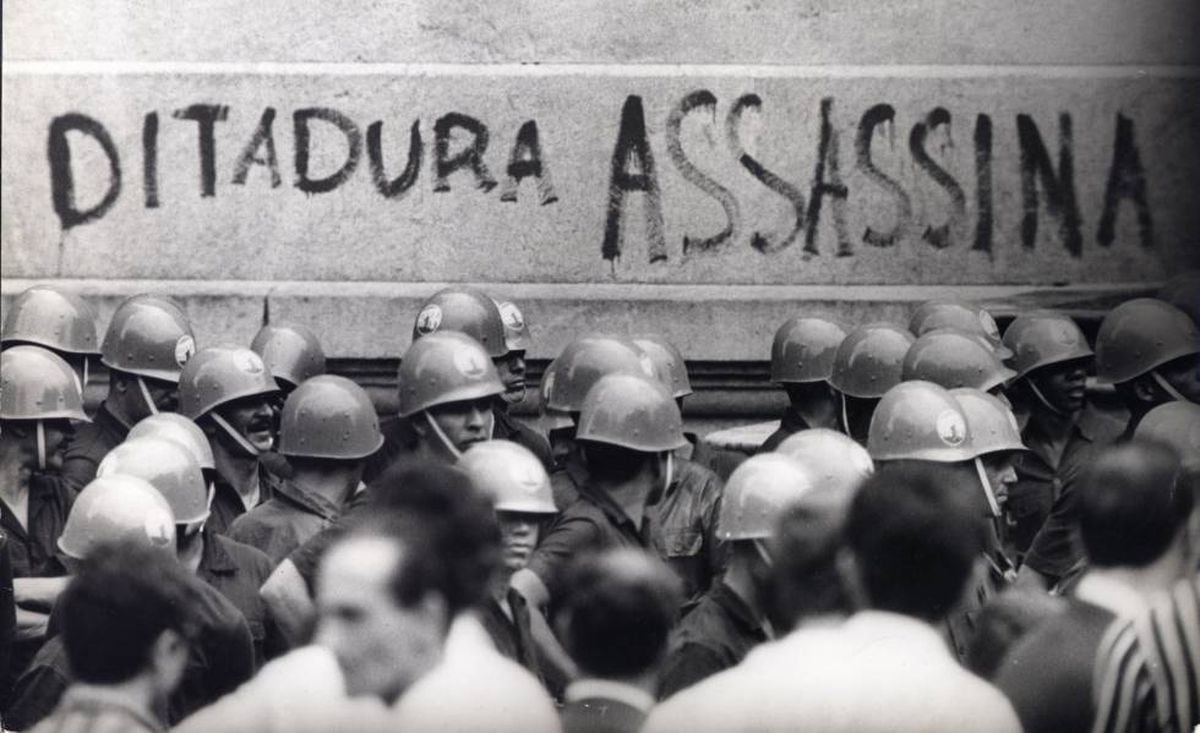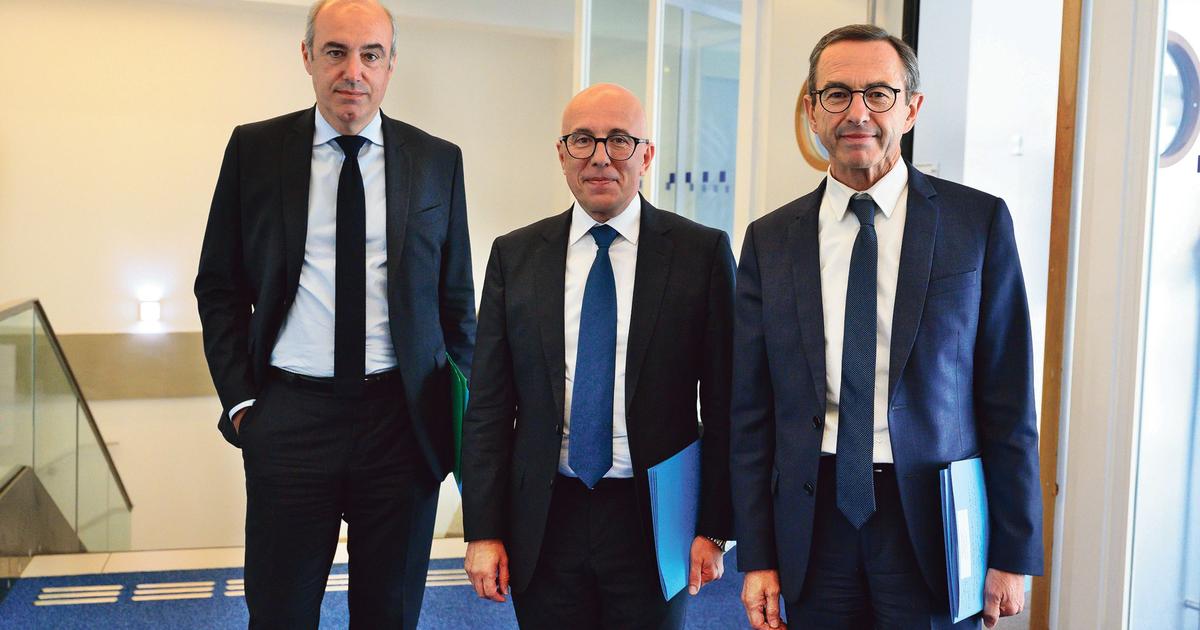According to MK Halevi's proposal, the networks will have to choose between a uniform and transparent intervention in the content and a non-intervention at all • "We will not allow them to catch the rope at both ends"
Logos of social networks on the screen of a mobile phone, in 2019
Photography:
AFP
A new and revolutionary bill, recently submitted by MK Amit Halevi (Likud) and published here for the first time, seeks to end the arbitrary censorship by Facebook, Twitter and other networks and impose criminal liability and compensation if they break the law.
The bill includes a denial of the possibility to publish By paying content from private individuals, associations or private companies.According to the proposal, lawsuits against an online social network could be filed in any court in Israel.
The proposal allows social networks to choose: enjoy the authority to intervene in the content, but also bear responsibility for them legally - or give up both, including the ability to remove content independently.
The law distinguishes between two types of social networks: "Exempt social network" - which does not remove, delete or obscure the content published in it at all, except for content that the court in Israel or a court of law abroad required it to do so. Also hiding certain content from a particular user at his request.
Operators of a "limited social network" will be required to publish a detailed policy of removal, deletion or concealment of the content - in contrast to the current situation of vague arguments based on "community rules", such as "posting hate speech", without transparency regarding the exact criteria.
The network operator will hold an e-mail inquiry box with a response in the Hebrew language for inquiries and appeals, and will be required to provide a response within 48 hours of the request.
If no "reasoned" answer is given, the chain will be exposed to a claim for compensation in the amount of up to NIS 25,000 without proof of damage.
It should be emphasized that not every social network "reasoning" for content censorship can be accepted automatically, as the network will have to prove that it has not discriminated.
The bill seeks to oblige networks to remove "prohibited" publications - calls for murder, pedophilia, racist remarks, etc. - 24 hours from the moment they find out about it, and no, will be held criminally responsible.
Advertising will be considered "prohibited" only by virtue of the provisions of the law and not by the "community rules" of the network.
The Trump Plan
According to MK Amit Halevi: "The bill I submitted will not allow the technology giants to continue to grab the rope at both ends - Facebook, Twitter, Instagram, Tiktok and others will have to decide whether the responsibility for the publications lies solely with users and they do not operate censorship and account blocking mechanisms. In the content and then they are committed to availability and transparent rules, in their intervention and in appealing the decisions, and of course exposed to the users' claim. "
Halevy added that "President Trump recently signed a presidential decree exactly in this spirit and he is waiting for the Senate to be approved. I hope that this 'Trump plan' will be approved in the Knesset, with wall-to-wall consent, even before the Senate."









